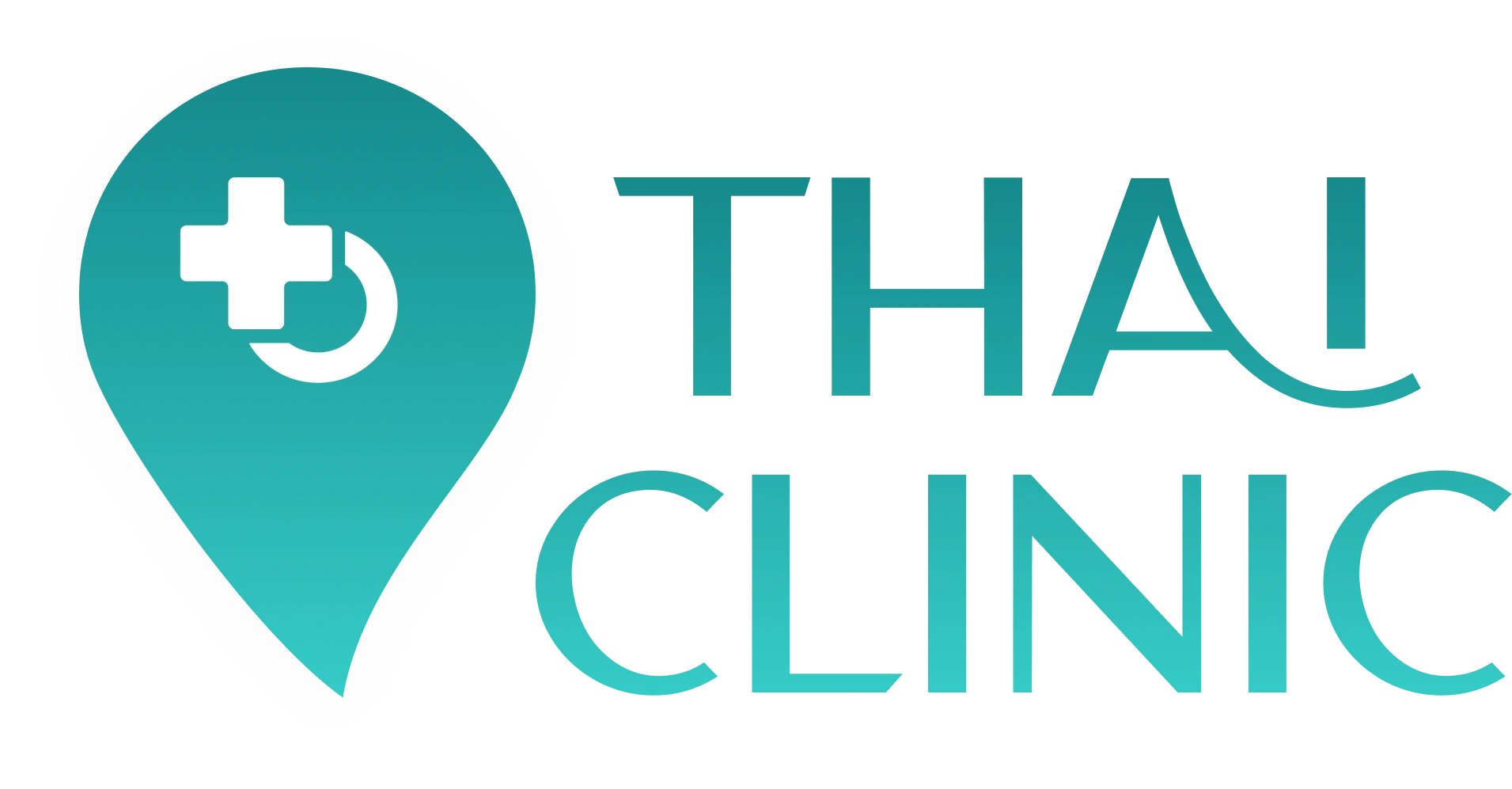What Is IV Therapy?
Intravenous (IV) therapy, also known as IV infusion, is a medical procedure that involves administering fluids, medications, or nutrients directly into a person’s vein. It is commonly used in healthcare settings to treat various conditions and provide rapid access to essential substances. Let’s delve into the details of IV therapy.
How Does IV Therapy Work?
- Administration via Veins: IV therapy requires inserting a needle or catheter into a vein. The fluid or medication is then delivered directly into the bloodstream. This method ensures faster absorption compared to oral medications.
- Types of IV Solutions: Crystalloids: These are basic IV solutions containing water, electrolytes, and sometimes glucose. They help maintain hydration and electrolyte balance.
- Colloids: These solutions contain larger molecules (such as proteins) and are used for volume expansion.
- Blood Products: IV therapy is crucial for blood transfusions, plasma, and platelet administration.
- Medications and Nutrients: IV therapy allows healthcare professionals to administer medications (e.g., antibiotics, pain relievers, and chemotherapy drugs) directly into the bloodstream. Nutrients such as vitamins, minerals, and amino acids can also be delivered via IV.
Benefits of IV Therapy:
- Rapid Absorption: IV administration bypasses the digestive system, ensuring quick absorption and immediate effects.
- Precise Dosage: Healthcare providers can accurately control the dosage of medications or nutrients.
- Emergency Situations: IV therapy is vital in emergencies, trauma cases, and surgeries.
- Hydration: IV fluids help maintain hydration levels, especially when patients cannot drink orally.
- Nutritional Support: IV nutrients are essential for patients with malnutrition or absorption issues.
Common Uses of IV Therapy:
- Hospital Settings:
- Rehydration for dehydrated patients.
- Administration of antibiotics, pain relief, and other medications.
- Blood transfusions.
- Chemotherapy and other cancer treatments.
- Outpatient Clinics and Wellness Centers:
- Nutrient infusions (e.g., vitamin C, B vitamins) for overall health and wellness.
- Hangover recovery (popular in wellness clinics).
Risks and Considerations:
- Infection: Proper sterile techniques are crucial to prevent infections.
- Vein Irritation: Frequent IV use can irritate veins.
- Allergic Reactions: Some patients may be allergic to specific IV medications.
- Fluid Overload: Excessive IV fluids can strain the heart and lungs.
IV therapy plays a vital role in modern medicine, providing efficient and targeted treatment. Whether in hospitals, clinics, or wellness centers, its benefits are undeniable. Always consult a healthcare professional to determine the most appropriate IV therapy for your specific needs.

